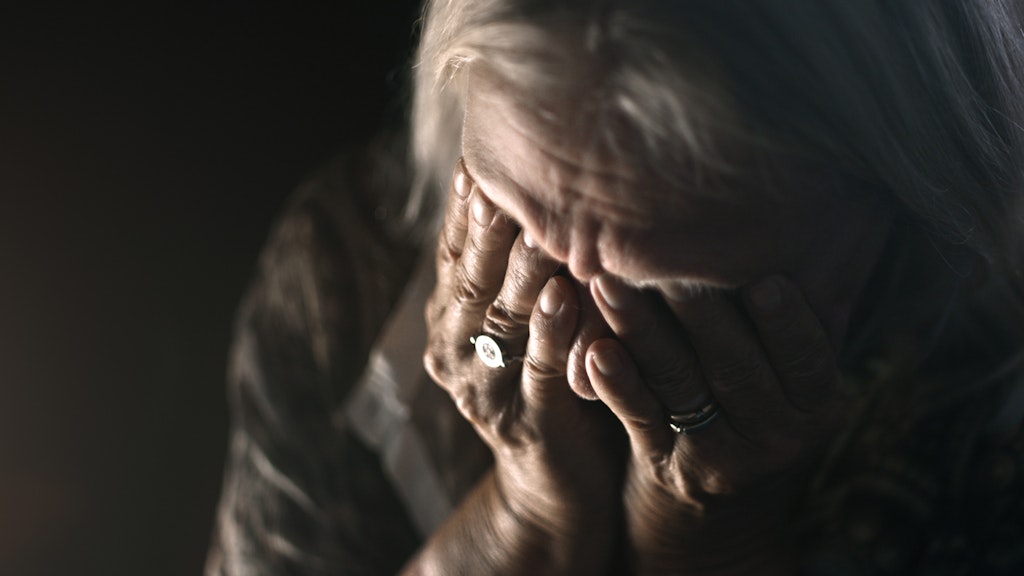Queensland elder abuse inquiry to look into sexual violence against seniors in all living settings
Published on 28 August 2025

A recent Queensland parliamentary committee has been created to look into the issue of elder abuse across the state in all living situations. Highlighted is the existence of abuse occurring within personal home settings, with investigation, resources and solves needed to prevent abuse across all communities and living situations in Australia.
The parliamentary inquiry is set to examine the significant consequences of elder abuse across multiple categories. Sexual, Physical, psychological, emotional and financial forms of abuse are to be investigated so as to leverage these findings towards heightened protections against harm to seniors.
Vulnerability at home
The Women’s Centre in Townsville runs a 24-hour sexual assault support service. In this one town alone, the group states they have supported 41 senior women across the last three years. Catherine Crawford, chief executive of the group, explains that more awareness is needed regarding the vulnerabilities seniors in Australia face while living at home.
She states, “We have had examples of even just anyone helping an older person — like a taxi driver taking groceries in or a friend from next door giving a hand doing something — that can be a risk, and we certainly have women offended upon when people are supposedly helping out an elderly person.”
Highlighting the spontaneous nature of many offenders in the community, the need for Government and private sector leadership to invest in resources for training and support across communities and age groups is evident.
The difficulty of random, spontaneous offending
Crawford notes, “Offenders are opportunistic, so they will take opportunities wherever they can.” Responding to offenders operating unexpectedly, particularly in cases of stranger assault, will demand significant co-operation between all levels of Government and support groups.
Pointedly she notes, for seniors living at home, the vulnerability to assault can be elevated, “People are far more isolated within their home and far more dependent on the people who are providing that care than they are, say, within a nursing home facility.”
Suggesting reform measures for oversight for those systemically entering the home of a vulnerable senior, Crawford suggests increased safeguards. Mimicking protections in place for proximity to children, when it comes to those seniors, she asks, What measures do we have in terms of ensuring no-one is going in who has a history of sexual offending?”
Gender informing policy
Central to Government and private sector leadership, in policy creation surrounding protections for seniors, is the awareness of the gendered nature the statistics detail.
Dr Barrett, CEO of Celebrate Ageing, has worked extensively in this area. Set to provide evidence before the parliamentary committee she believes sexual abuse is, “one of the most neglected forms of elder abuse”.
She advocates that, “every step of the journey towards elder abuse, healing and recovery, is a gendered experience.” Uniting Care’s 2023-2024 examination in elder abused in Queensland found that the numbers for female victims reported were twice that of men.
In seeking to craft effective policies for the protection and support of vulnerable seniors in Australia, particularly when living at home, Dr Barrett advocates for gender to be central in understanding the likelihood of type of abuse occurring, and the likelihood of those abused seeking help.